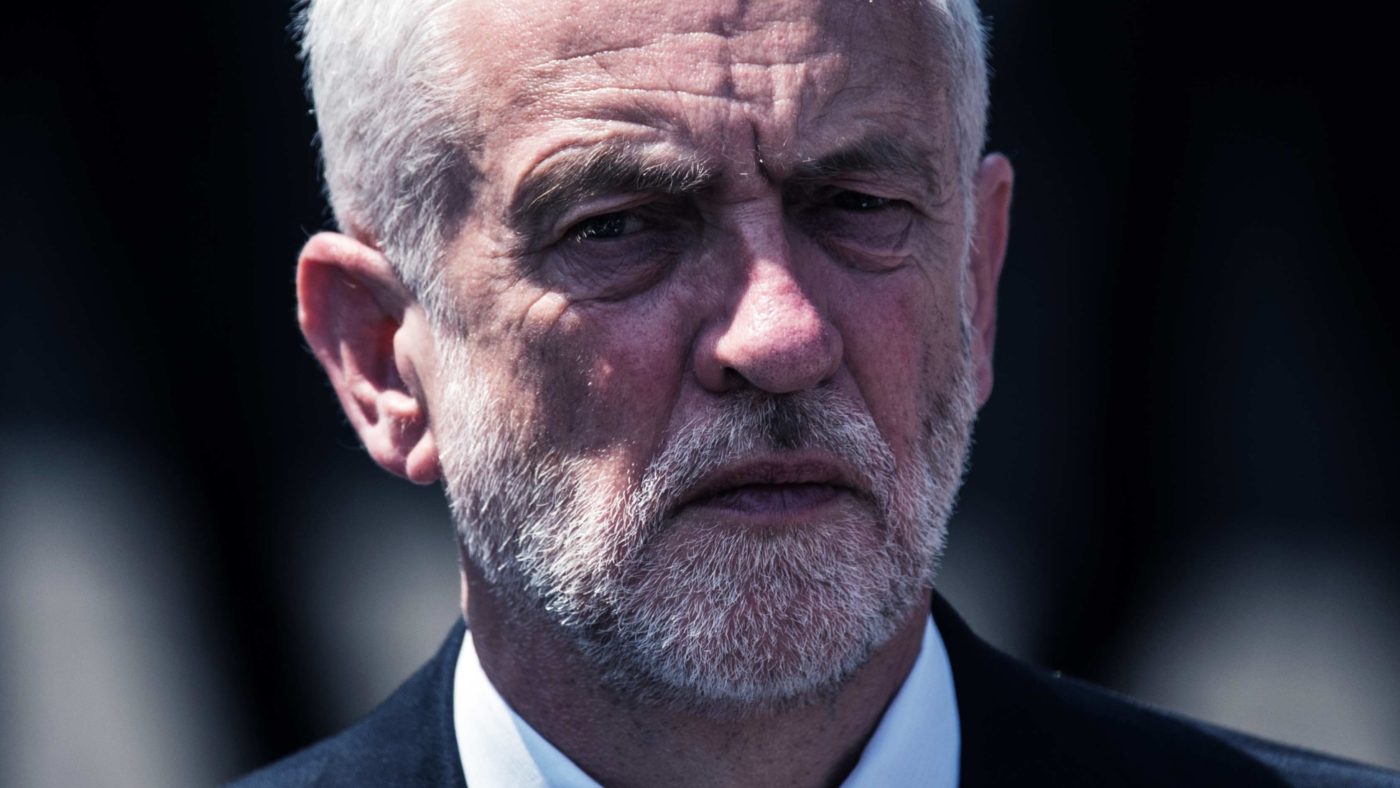Announcing its first rate rise in years this week, the Bank of England specifically highlighted the “noticeable impact” that Brexit is having on the economic outlook: “Uncertainties associated with Brexit,” it said, “are weighing on domestic activity, which has slowed even as global growth has risen significantly. And Brexit-related constraints on investment and labour supply appear to be reinforcing the marked slowdown that has been increasingly evident in recent years in the rate at which the economy can grow without generating inflationary pressures.”
Britain’s economy, in other words, has fallen under the shadow of Brexit. Companies are less willing to invest and workers are less willing to come to these shores for the simple reason that they do not know what the rules will be come 2019. The closer the Brexit deadline creeps, and the less progress there is in the talks, the more such concerns will mount – accompanied by the inevitable media coverage of the horrors of a “no deal” scenario and the flight of high-paying jobs overseas.
Yet while the chilling effect of Brexit gets an awful lot of coverage – and pushback, from Leavers who retweet every piece of good economic news with a mocking “#despitebrexit” – there has been surprisingly little said about another factor that may well be affecting the economy: the newfound popularity of Jeremy Corbyn.
I’ve written before on CapX about how Brexit must be used to make Britain more competitive. We need to give firms truly compelling reasons to make their investments in Britain, over all the other alternatives the world affords. The obvious way to do that, if we no longer have friction-free access to European markets, is to make this the most business-friendly place on the planet.
Yet even if we have the lowest corporate taxes in the G7 and the most admired legal and regulatory structures, it will do us little good if investors are confronted with the prospect of a couple of paleolithic socialists, in the form of Corbyn and John McDonnell, getting their hands on the levers of power.
What sane businessman would invest in a country where they may find Len McCluskey and chums grinning at them from the other side of the boardroom table? Where their tax bills – both corporate and personal – are likely to shoot through the roof? Where they may find their investments expropriated by Parliament at a knockdown rate? Where the Government views wealth-creators as the enemy?
Already, many high-earners – especially the hated non-doms – are quietly laying their exit plans. It has become almost a parlour game: Which passport will you use? Which country will you flee to? Companies which have been ramping up their Brexit planning are suddenly starting to realise that they need Corbyn contingencies, too. Which, anecdotally, will include sending as much of their wealth away from these shores as possible.
Disentangling the data would be near-impossible, but you have to assume that at least some portion of the economic Brexit chill is also a Corbyn chill, particularly when it comes to investment decisions. And the more likely and more imminent a Corbyn administration becomes, the greater the effect will be.
Which may have the effect of shocking the voters into seeing sense – or just make it that much harder for the Tories to deliver the growth that is their best hope of averting this political apocalypse.
This article is taken from CapX’s Weekly Briefing email. Sign up here.


